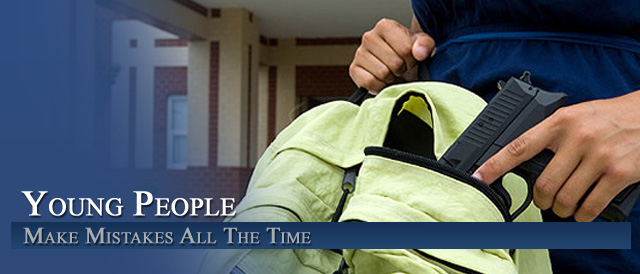
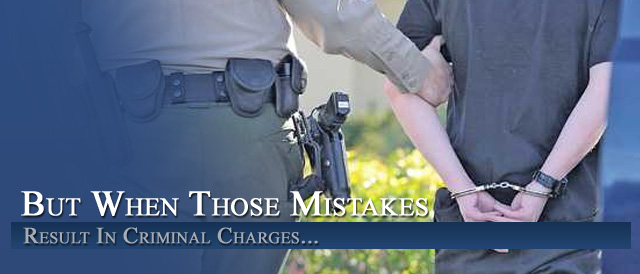
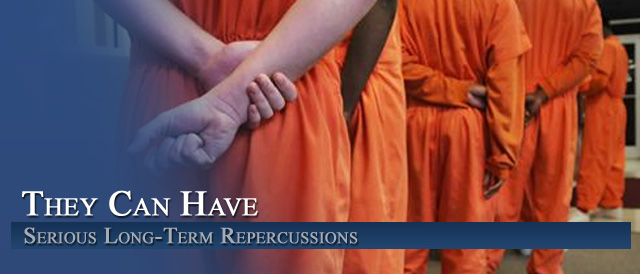
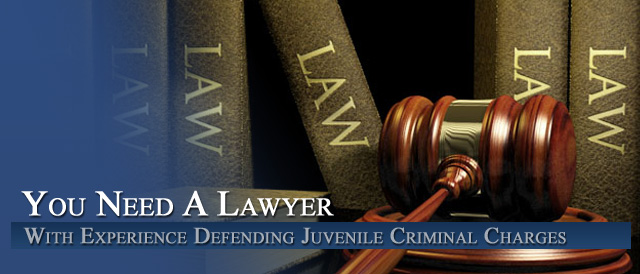
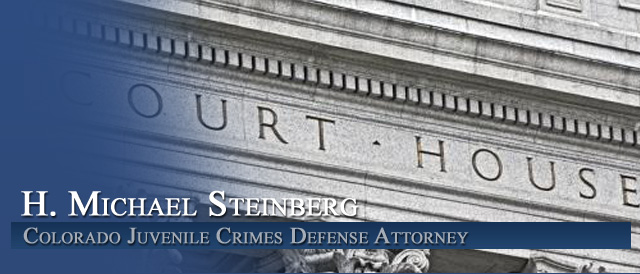
Admissibility Of Evidence At Juvenile Trials 19-2-803
By H. Michael Steinberg is both an experienced and a dedicated Colorado Juvenile Criminal Defense Attorney
As a former Senior – Career Arapahoe – Douglas County District Attorney -in his13 years (1984 – 1997) years as a prosecutor – H. Michael was assigned to the prosecution of hundreds of juvenile prosecutions. As a Colorado Criminal Defense Lawyer for the last 16 years (1997 – 2013) – he has successfully handled hundreds more juvenile cases.
Juvenile criminal defense lawyers must be specialized in this area and must have specialized training and experience to be effective on behalf of their clients… essentially just children. Because Juvenile Court is different than adult court – an experienced lawyer in adult may be incompetent to practice in juvenile court.
Where your child’s freedom and future is at stake…go with experience every time.
Here is the statute referenced in the Article That Linked you to this page:
Admissibility Of Evidence At Juvenile Trials 19-2-803
(1) It is hereby declared to be the intent of the general assembly that, when evidence is sought to be excluded from the trier of fact in a delinquency proceeding because of the conduct of a peace officer leading to its discovery, such evidence should not be suppressed if otherwise admissible when the proponent of the evidence can show that the conduct in question was taken in a reasonable, good faith belief that it was proper. It is further declared to be the intent of the general assembly to identify the characteristics of admissible evidence and not to address or attempt to prescribe court procedure.
(2) For purposes of this section:
(a) “Good faith mistake” is defined in section 19-1-103 (53).
[HMS – add in – (53) “Good faith mistake“, as used in section 19-2-803, means a reasonable error of judgment concerning the existence of facts or law that, if true, would be sufficient to constitute probable cause.](b) “Peace officer” has the meaning set forth in section 16-2.5-101, C.R.S.
(c) “Technical violation” is defined in section 19-1-103 (105).
(3) Evidence sought to be excluded in a delinquency proceeding because of the conduct of the peace officer leading to its discovery shall not be suppressed by the court if the court finds that the evidence was seized by the peace officer as a result of a good faith mistake or a technical violation and the evidence is otherwise admissible.
(4) Evidence that is obtained as a result of a confession voluntarily made in a noncustodial setting shall not be suppressed by the court in a delinquency proceeding if it is otherwise admissible.
(5) It shall be prima facie evidence that the conduct of the peace officer was taken in the reasonable good faith belief that it was proper if there is a showing that the evidence was obtained pursuant to and within the scope of a warrant, unless the warrant was obtained through intentional and material misrepresentation.
Other Articles of Interest:
- Colorado Juvenile Criminal Process – The Pre-sentence Investigation
- Colorado Juvenile Criminal Trials – A Look At How They Work
- Colorado Juvenile Criminal Process – The Adjudication Process
- Procedures at Juvenile Trials 19-2-804
- Colorado Juvenile Law – The Right To A Speedier Speedy Trial 19-2-108 CRS












